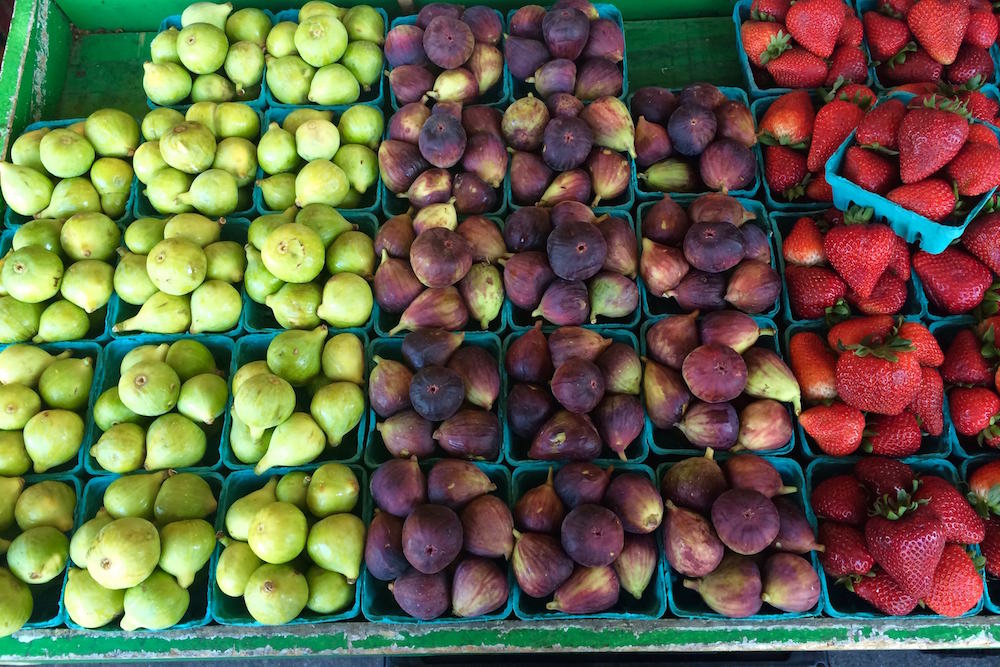The whitewashing of the CSA’s Black history
Think the community-supported agriculture (CSA) model is a recent invention? Or that Alabama’s Tuskegee University was just home to lone horticultural genius George Washington Carver (He Who Did Everything With Peanuts and Sweet Potatoes)? Think again. Booker T. Whatley, an agriculture professor at the famed historically Black college (once led by another Booker T.—Booker T. Washington), advocated for what he called “clientele membership clubs,” where buyers paid in advance for a season’s worth of produce. Whatley saw this as a valuable way of supporting farmers year-round and wrote what some call the small farmer’s bible, How to Make $100,000 Farming 25 Acres, in the 1980s. According to Modern Farmer, those boxes of produce—and the ideas behind them—come from a longer, more diverse history than most of us know. Author and racial justice trainer Clyde Ford summed it up, saying Black farmers were early advocates of buying local. But somehow that message hasn’t made it to the masses, as “the CSA has basically been co-opted by co-ops and buying co-operatives who somehow mistakenly traced the roots of CSAs back to Europe.” Funny how that happens.




